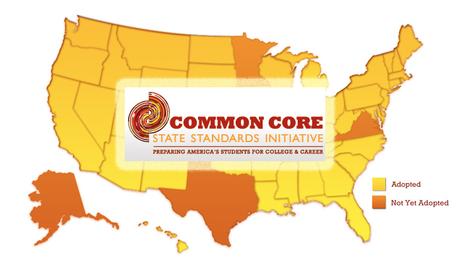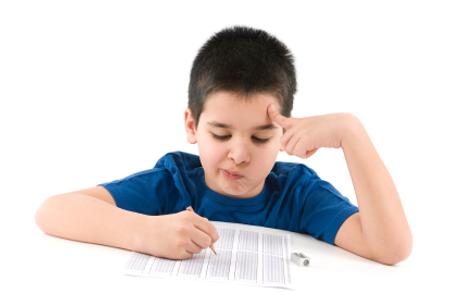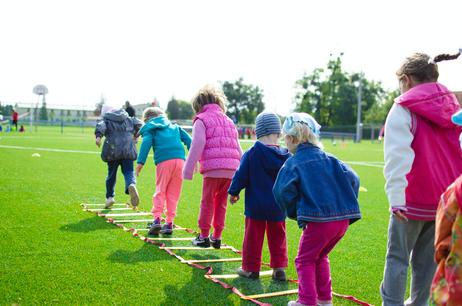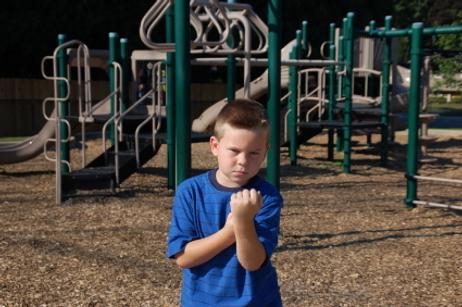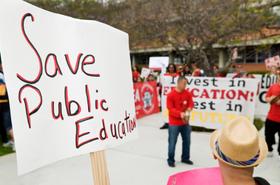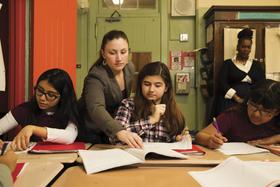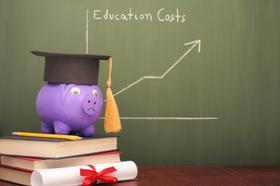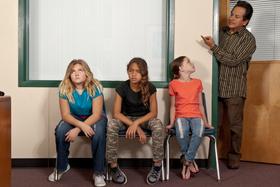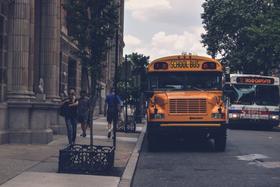As public school students get their fill of lazy, carefree summer days, their state school boards are grappling with new federal Common Core Standards slated to go into effect this year. States that were quick to grab onto the funding that was dangled with the standards are now realizing that implementation of those standards is meeting more than a little resistance. As students play outdoors with friends and enjoy long, leisurely bike rids, their local schools are embroiled in a battle, with no sign of a resolution in time for the fall semester.
This video explains Common Core.
Teacher Complaints Have North Carolina Rethinking Plans
North Carolina was one of the 45 states in the country to sign on for Common Core Standards, thanks to the $166 million state school districts received in Race to the Top funding. However, as the state tries to rewrite curriculum – and fast – to accommodate the new standards, education officials are realizing the process of switching over to the new requirements won’t be easy.
News Observer reports that the state department of education has received numerous complaints about new tests in a wide range of subjects. The tests were originally written to be used as means for evaluating teachers. Effective teacher evaluations were a key component to the state’s compliance with the new federal standards. However, a large number of teachers have complained

